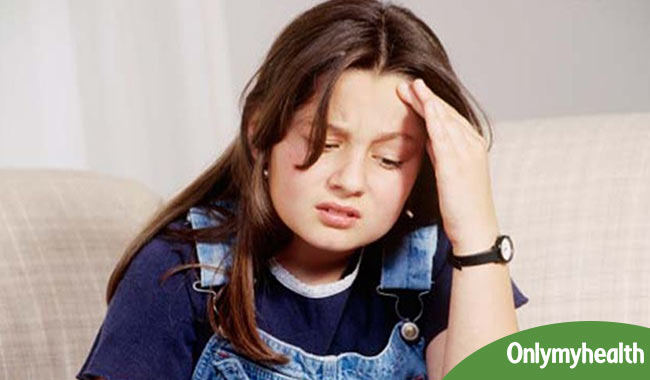
Migraine headache ranks as one of the top 20 world’s most disabling medical illness. Amazingly there are more number of migraine sufferers than diabetics and asthmatics worldwide! Yet, awareness about migraine is extremely poor. Most of the sufferers dismiss migraine as a pounding headache and resort to over-the-counter headache medication that provides just a temporary relief. However, migraine is much more than a pounding headache.
Table of Content:-
Migraine is a severe recurring, intense, throbbing pain on one side of the head and sometimes, both sides. A migraine attack is usually accompanied by one of the symptoms such as visual disturbance, nausea, vomiting, extreme sensitivity to light, sound, smell and touch, and tingling sensation on the extremities of the face. This attack can last anywhere between 4 to 72 hours. Although, most sufferers belong to the prime of their age i.e. 25-55 years, it is astonishing to know that about 10% of all school going kids suffer from migraine, which means, every classroom may have one or two migraine sufferer!

Think back, how often has your child complained about an unbearable headache followed by discomfort and irritation, and how often did you consult your doctor to diagnose the real reason behind the pain? Your own answer may flabbergast you. Just as nearly half of adult migraine sufferers remain undiagnosed, children too are deprived of appropriate medical treatment for their pain. It is therefore essential for every parent to know the difference between general headache and migraine headache as migraine in children is slightly different from that of adults.
Symptoms of migraine in children
- Headache is experienced in the entire head rather than just one side
- Attacks are shorter and may come and go very suddenly
- Even though the headache disappears, the child may still feel sick and nauseous.
- Some kids may feel sensitive to light, sound and smell and may want to sleep for a while after which they wake up feeling better.
It is crucial for parents to understand their child’s trouble because it is a debilitating condition for the child and they may not be in a position to express their discomfort very well. Moreover, a sense of vulnerability and peer pressure may compel them to hide their stigma leading to further suffering.
What can you do to help your child?
Monitoring their lifestyle and scrutinizing the triggers may help in avoiding a migraine attack in future. Especially during exam times, it is vital to keep the child in good physical and mental health. It may be difficult for some parents to monitor their child’s triggers as migraine is an unpredictable condition. However, making sure of the following points may help both parents and children.
Exam stress
Some kids may get a migraine attack during exams due to the tremendous stress. A regular studying schedule throughout the year may prevent exam stress. Always speak to your child about how he/she feels and never pressurise them for studies or homework. Communicating with your child is a best way to calm their nervousness.
Diet triggers
Some foods may cause a migraine attack. The triggers may be different for each patient, therefore it is important to monitor diet and avoid the particular triggers for preventing migraine attacks.
Environmental stress
bright sunny days and summer season is a known culprit for many migraine sufferers and avoiding the bright afternoon sunlight can prove beneficial in avoiding a migraine attack.
Computer screens

Children these days cannot stay much away from their screens, be it computers or smart phones. Some kids have been known to get migraine attacks by staring at the flickering glare of computer and mobile screens. Limit your child’s screen time if it is a known trigger and encourage him/her to take frequent breaks in between.
Migraine headache is one of the most underrated condition and most of the sufferers are unaware that the throbbing pain in their head is actually migraine. Same goes with children, as they are unable to express well, migraine in children often goes unnoticed and they have to endure every attack.
Especially during exam time, it is essential for parents to make sure their child stays calm and composed. A migraine attack during exam is the last thing a parent or the child would ever want.Parents at time give pain killers to children for headache. Popping up too many pain killers may lead to medication induced headache. Taking medication without prescription will do more harm than good. It is always favourable to consult an expert if you suspect your child is suffering from migraine so that with proper treatment your child can concentrate on exams and not miss out the most crucial part of their year.
All the best!
Read more articles on Understand Migraine.
For more related articles, Download OnlymyHealth App.
Read Next
What Makes Your Head Hurt
How we keep this article up to date:
We work with experts and keep a close eye on the latest in health and wellness. Whenever there is a new research or helpful information, we update our articles with accurate and useful advice.
Current Version